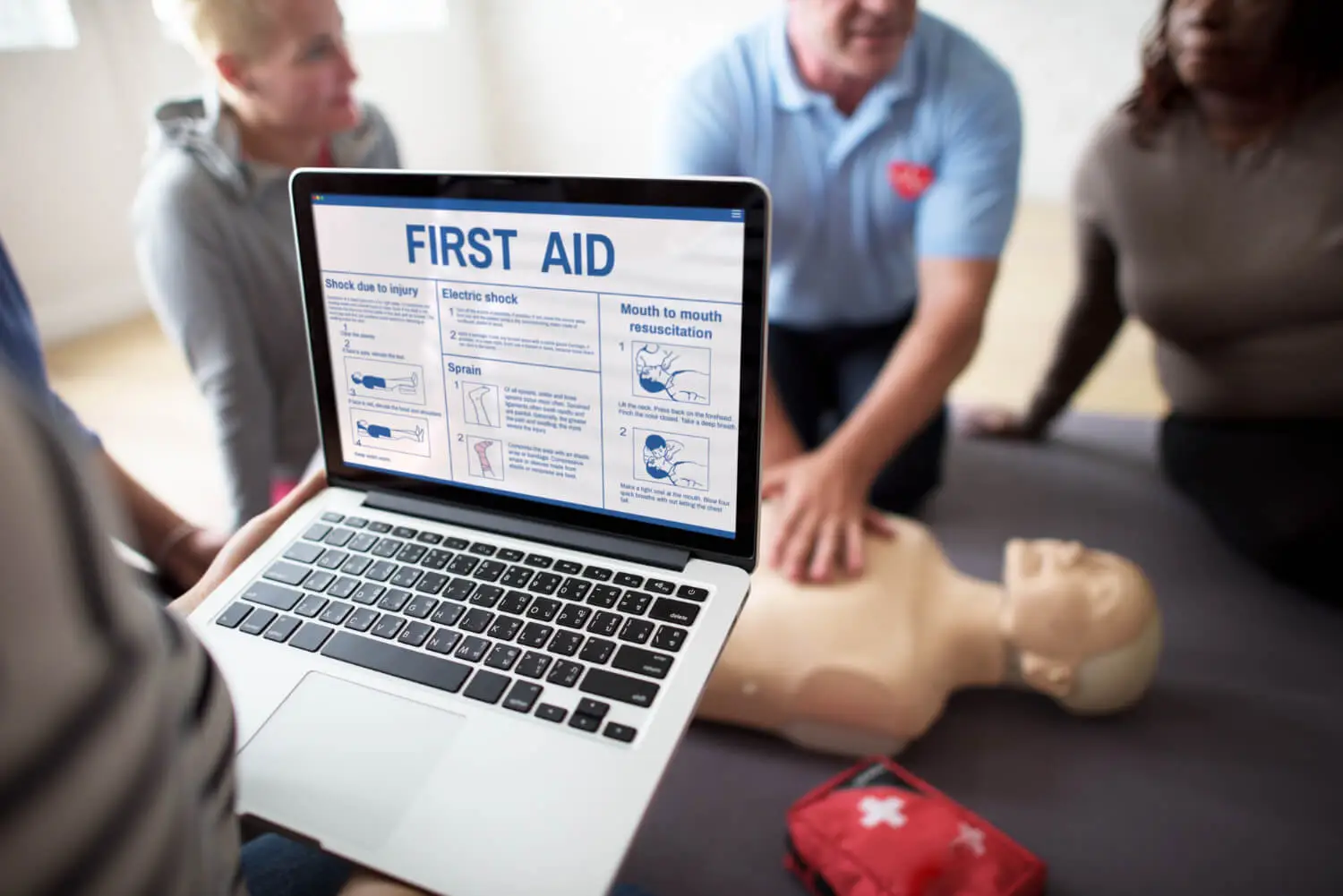
The Importance of AHA BLS Certification and AHA CPR Certification: How to Get Certified
In emergency situations, having the right training can mean the difference between life and death. That’s why AHA BLS Certification and AHA CPR Certification are essential for healthcare professionals, first responders, and even everyday individuals. The American Heart Association (AHA) offers comprehensive training programs that equip individuals with the knowledge and skills needed to respond effectively to cardiac arrest, choking, and other life-threatening emergencies.
Basic Life Support (BLS) Certification is a specialized course designed to teach individuals how to perform high-quality CPR, use an Automated External Defibrillator (AED), and provide immediate care to victims of cardiac arrest or respiratory failure. AHA BLS Certification is often required for healthcare providers, including nurses, doctors, paramedics, and medical students.
The BLS for Healthcare Providers course covers essential techniques such as:
Having an AHA-approved BLS Certification ensures that individuals are well-prepared to handle medical emergencies in hospitals, clinics, and pre-hospital settings.
CPR (Cardiopulmonary Resuscitation) Certification from the American Heart Association is designed for individuals who want to learn the fundamentals of lifesaving techniques. Unlike BLS, which is mainly intended for healthcare providers, CPR Certification is suitable for a broader audience, including teachers, coaches, parents, and workplace employees.
The AHA CPR Certification Course covers:
Many workplaces and community organizations require employees to have a valid CPR and AED Certification, making this a valuable credential for both professional and personal use.

Earning an AHA BLS Certification or AHA CPR Certification offers numerous benefits, including:
Life-Saving Skills – Whether in a hospital, workplace, or public setting, CPR and BLS training can help save lives in critical situations.
Career Advancement – Many employers, especially in the medical field, require BLS Certification as a hiring prerequisite.
OSHA Compliance – Certain industries mandate employees to hold CPR and First Aid Certification to meet workplace safety regulations.
Confidence in Emergencies – Proper training provides individuals with the confidence to act quickly and effectively during medical emergencies.
Wider Job Opportunities – Professions such as nursing, EMTs, lifeguards, and fitness trainers often require CPR and BLS Certification.

Getting your AHA BLS Certification or AHA CPR Certification is a straightforward process:
Find an AHA-Approved Training Center – Visit the official American Heart Association website to locate accredited training providers in your area.
Enroll in a BLS or CPR Course – Choose between in-person or blended (online + hands-on) training options.
Complete the Training – The course includes video instruction, hands-on practice, and a skills assessment.
Pass the Certification Exam – A written and practical skills test is required to earn certification.
Receive Your Certification Card – Upon successful completion, you will receive an AHA eCard, valid for two years.
AHA Certifications are typically valid for two years, after which renewal is necessary. Many organizations require professionals to stay updated on the latest CPR and BLS guidelines, so enrolling in a BLS renewal course or CPR recertification class before your certification expires is crucial.
Whether you’re a healthcare professional, teacher, coach, or parent, obtaining an AHA BLS Certification or AHA CPR Certification is an invaluable skill set. These certifications ensure you’re prepared to respond effectively in medical emergencies, potentially saving lives.
If you’re ready to become certified, Contact Midtown CPR ** today and take the first step toward gaining life-saving expertise.**